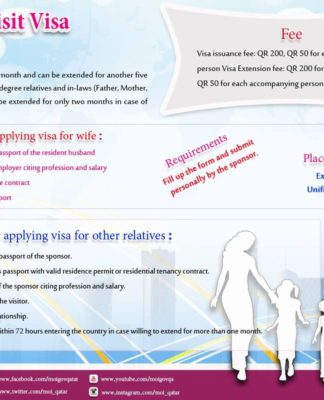Airbnb staff can choose remote work from anywhere with no pay cut, CEO Brian Chesky announces

Like many companies, travel service Airbnb closed its offices and embraced remote work as a result of the COVID-19 pandemic.
But in a letter to staff last week, Airbnb CEO Brian Chesky announced that the “vast majority” of staff would be able to continue remote working from home – or anywhere else – permanently.
“Today’s startups have embraced remote work and flexibility, and I think this will become the predominant way that we all work 10 years from now. This is where the world is going,” Chesky wrote.
Staff who choose to work remotely won’t face pay cuts, and all employees will still be able to work from an office if they wish, Chesky said.
Airbnb’s remote working policy also allows for staff to work from abroad, although they will be responsible for their own visa arrangements.
How will remote working actually work?
In his letter, Chesky summed up Airbnb’s flexible working policy in five main points:
- You can work from home or the office
- You can move anywhere in the country you work in and your compensation won’t change
- You have the flexibility to travel and work around the world
- We’ll meet up regularly for gatherings
- We’ll continue to work in a highly coordinated way
The ability to work remotely will apply to the “vast majority” of staff, Chesky said, saying that most should expect to “gather in person every quarter for about a week at a time”.
Airbnb employees will also be able to move away from the company’s offices, Chesky said.
“This means you can move from San Francisco to Nashville, or from Paris to Lyon,” the company co-founder said. Moving abroad permanently will not yet be an option, but staff will be able to take extended “workations,” living and working abroad for up to 90 days at a time.
While workers will need to secure their own work permits if they wish to remote work abroad, Chesky said Airbnb was “partnering with local governments” to make the process easier.
Any Airbnb employees taking Chesky up on the offer will be joining a growing trend: in 2021, 20 per cent of Airbnb bookings were for stays of 1 month or more, he said.
Remote work, full pay
Airbnb’s plan to keep pay at current levels for staff who choose to remote work full time sets it apart from other tech firms that have grappled with the question of how to put flexible working into practice.
Last year, Google, Microsoft, Meta and Twitter said they would pay employees less if they chose to move further away from the companies’ Silicon Valley headquarters, saying that pay levels were linked to the high cost of living in the cities where their offices are based.
In August, Reuters calculated that a San Francisco-based Google employee who chose to move roughly 300km east to Lake Tahoe could face a 25 per cent pay cut.
“Our compensation packages have always been determined by location, and we always pay at the top of the local market based on where an employee works from,” a Google spokesperson told the news agency.

























